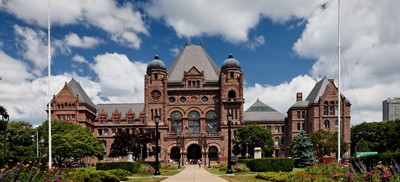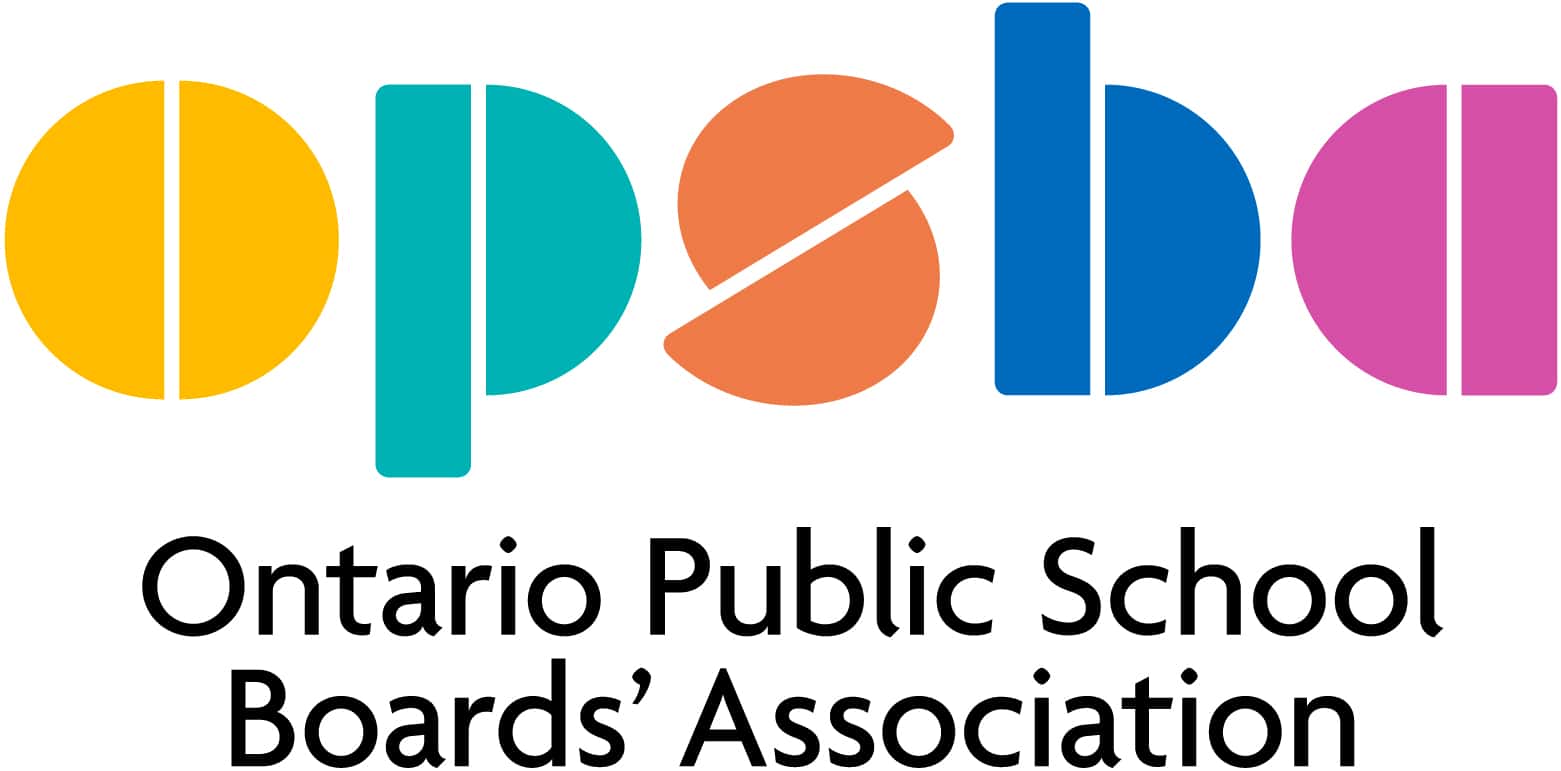
 Election Time Frames – A Quick Overview
Election Time Frames – A Quick Overview
Pre-Writ
- No official stopping of government initiatives but things tend to slow down, as do communications.
Writ Period (May 9 – June 7)
- Legislative Assembly dissolves and MPPs are no longer members but Ministers remain as Ministers.
- Government takes on a “caretaking role” and addresses only “routine” and “urgent” matters.
- All policy and communications are suspended – no new announcements.
Post-Election (after June 7)
- There will be a new government – same party, new party or a minority government.
- Caretaker role continues until either incumbent government wins or until a new government is sworn in.
- Time to form a new government varies – typically two to five weeks.
Recently Introduced Legislation
Bill 31, Plan for Care and Opportunity Act (Budget Measures)
This legislation is the government’s budget bill and was introduced on March 28, 2018, by Minister of Finance Charles Sousa. The omnibus bill includes 31 schedules – amendments to various Acts. There is a proposed amendment to the Education Act, included in Schedule 9. This involves the recent work by the Ministry of Education and Indigenous stakeholders (including OPSBA’s Indigenous Trustees’ Council) about a Reciprocal Education Approach. The proposed legislation will enable parents of Indigenous students to choose the school system to which their child will attend. If an Indigenous child lives off reserve, but wants to attend a school on reserve, or a school operated by a First Nation or a First Nation organization off reserve, the parent will have the right to do so, provided the school is on an approved list that will be developed by the Ministry. Funding will flow through the school board to the school of choice.
The education-related bills listed below will not have time to move through the legislative process but have been introduced or re-introduced as Private Member’s Bills.
Bill 38, Youth Political Engagement Act, 2018
- Introduced on April 10 by Liberal MPP Arthur Potts. The Bill amends the Election Act to lower the age for persons to be eligible to vote in an election to the Legislative Assembly from 18 years to 16 years. Status: Referred to the Standing Committee on Justice Policy
Bill 44, Education Amendment Act (Fetal Alcohol Spectrum Disorder), 2018
- Re-introduced on April 11 by Liberal MPP Sophie Kiwala. The bill amends the Education Act to provide for board activities to promote awareness and understanding of fetal alcohol spectrum disorder (FASD), including best practices to support pupils who may have FASD. Status: First Reading
Bill 47, School Boards Property and Development Transparency Act, 2018
- Introduced on April 12 by Liberal MPP Mike Colle. The bill would require all school boards in the province to notify the public whenever they purchase land or they sell land, or, if they have a development agreement with a developer to develop school property, they would be required to let the public know that they have undertaken such agreements. Status: First Reading
Bill 52, Ministry of Mental Health and Addictions Act, 2018
- Introduced on April 17 by NDP MPP Teresa Armstrong. The bill would establish a new standalone Ministry of Mental Health and Addictions to coordinate the transformation of Ontario’s mental health and addiction services to ensure that every Ontarian can access the mental health and addiction supports they need when they need it and in their own communities. Status: Referred to the Standing Committee on Social Policy
Provincial Election and OPSBA Education Day – May 23, 2018
REMINDER: During provincial elections, the Ontario Public School Boards’ Association (OPSBA) advocates for non-partisan strategies to engage politicians in issues that focus on education and the well-being of children and youth. On April 18, an initial set of resources was sent to all trustees to support OPSBA Education Day on May 23, 2018. Trustees and boards can choose to participate in Education Day activities anytime during the week of May 22-25, 2018.
OPSBA has contacted the four main political party leaders about Education Day and has followed up with several MPPs from all parties, including the current education critics. We are a non-partisan association that advocates for public education regardless of which political party is in power at Queen’s Park. Our Priorities will not change, but our advocacy tactics and areas of emphasis may change. Included in our resources is a document called OPSBA’s Provincial Election Package that outlines the Association’s Priorities and a series of questions for the four parties to answer. These questions have been shared with each party directly and answers will be shared with all members when they are returned. The NDP have responded and their answers are available on the OPSBA website: Resources for the 2018 Ontario Provincial Election.
Upcoming resources will include a final candidates list, additional communications and social media support. OPSBA will post party platforms as they become available and cross-reference them against the Association’s priorities.
2018 Municipal and School Board Elections
Copies of Making a Difference for Kids: Running for Election as a School Board Trustee have been distributed to Boards via the Director of Education’s office. The electronic PDF version will be sent to boards in early May to coincide with the launch of the public awareness campaign website. It has also been sent to municipalities, libraries and community hubs across the province. Additional electronic resources (posters and newspaper ads) will also be shared in the coming weeks and we will be asking school boards and municipalities to post these resources on their websites where appropriate.
Don’t forget: Nomination and Campaign Period Begins Tuesday, May 1, 2018.
School Board Governance – Code of Conduct Regulation
On April 16, 2018, Regulation 246/18 Member of School Boards – Code of Conduct was filed. This regulation requires all school boards to adopt a code of conduct for Trustees by no later than May 15, 2019. In addition, all Trustee codes of conduct must now be made available to the public. If a school board already has a trustee code of conduct, it must be reviewed by May 15, 2019, and every school board must review its trustee code of conduct by May 15 every fourth year thereafter.
NOTE: Recently the Ministry of Education announced the creation of a working group to look at minimum standard to be included in a policy. OPSBA will be a member of this working group and share our existing 2012 policy template.
All recent governance-related submissions, memos and letters are available at: School Board Governance. This includes the Fall 2017 OPSBA Submission re: Governance-Related Issues, the March 26 memo from the Minister of Education to stakeholders, the OPSBA follow-up letter (April 5, 2018) and the Ministry’s letter of response (April 20, 2018).
Anti-Racism Data Standards (ARDS)
OPSBA attended the launch and technical briefing of the Anti-Racism Data Standards (ARDS) by the Anti-Racism Directorate (ARD). The establishing of data standards is one of the key initiatives in the government’s 3-Year Anti-Racism Strategic Plan: A Better Way Forward. The data standards were created for the purpose of addressing systemic racism and set out for public sector organizations (PSOs) (e.g. school boards) how to collect, use, analyze and report Indigenous, race and race-based data. These standards would help to enable PSOs to fulfil their obligations under the Anti-Racism Act 2017 (ARA) to identify and monitor racial disparities in order to eliminate systemic racism and advance racial equality.
To start, the three-year strategy will focus on the Child Welfare, Justice and Education sectors. Data standards must be phased in over five years within PSOs in each of those sectors. Under Ontario Regulation 267/18, all school boards are:
- Authorized to use the Data Standards starting on May 1, 2018
- Required to use the Data Standards by July 1, 2023
OPSBA is following up with the Anti-Racism Directorate for communication plans to school boards and implementation timelines.
EQAO Report – Ontario: A Learning Province
On April 24, 2018, The Ministry of Education released Ontario: A Learning Province. This report is the summation of the government’s commissioned review of student assessment and reporting led by Dr. Carol Campbell. The report has two sections:
- Classroom Assessment: The government will proceed with the 18 recommendations and work with the Transformation Steering Committee to develop an implementation plan.
- Large Scale Assessment: There was no clear consensus and further sector engagement will take place. Until that time, EQAO will continue, status quo, with no break in delivering assessments.
Independent Review of Assessment and Reporting
OPSBA Discussion Paper re Large Scale Testing in Ontario (December 2016)


